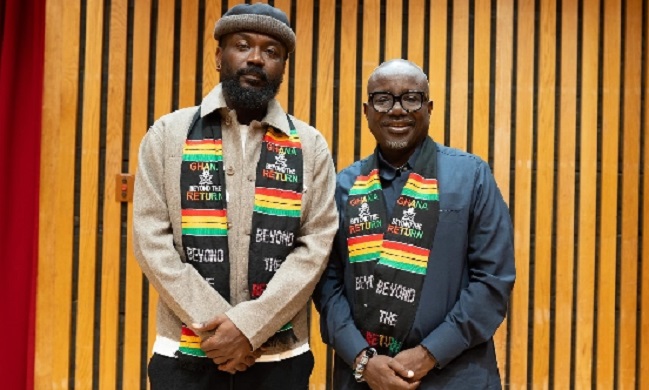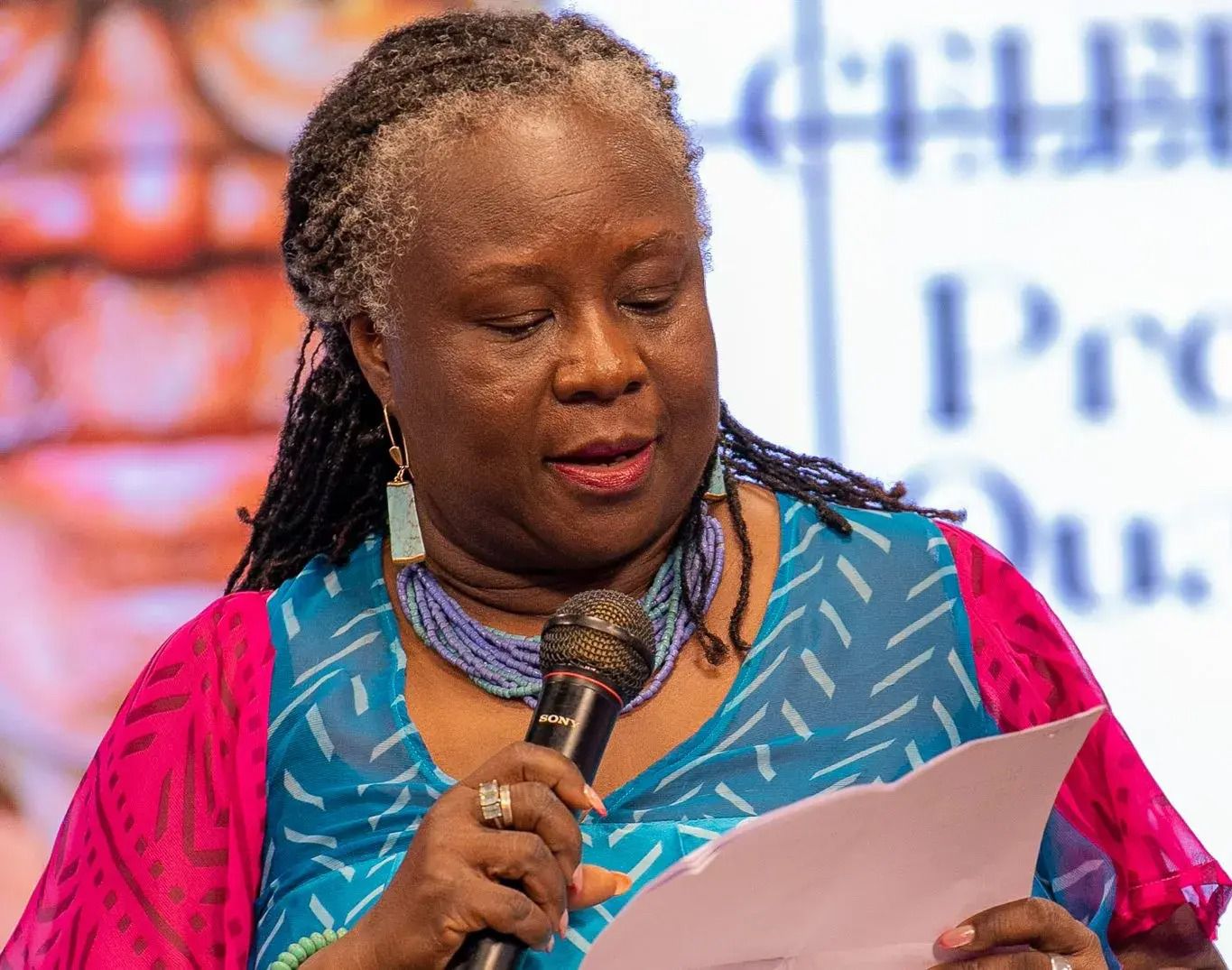
By Ernest Bako WUBONTO
Experts and top-level school managers at the Ecobank Ghana ‘Educational Sector Seminar’ emphasised the need for reforms in the teaching and learning process at the pre-tertiary level to focus on skills-based education.
They argued that the current curriculum in most schools does not foster innovation or critical thinking, nor does it equip students with the necessary industry skills. For example, some graduates from technical institutions struggled to measure two feet during a job interview.
Held under the theme ‘Building Lasting Educational Institutions’, the event highlighted the importance of schools fostering innovation, critical thinking and digital literacy alongside traditional academics.
Opening the seminar, the Regional Head of Commercial Banking at Ecobank, Charlotte Amanquah, reaffirmed the bank’s commitment to supporting the transformation of the education sector as a catalyst for national development.
Quoting Nelson Mandela’s famous words, “Education is the most powerful weapon which you can use to change the world”, she stressed that Ecobank’s role extends beyond banking, positioning itself as a key partner in shaping Ghana’s educational future.
“As you would agree with me, education is the bedrock upon which societies are built. It is the torch that lights the path to progress; the key that unlocks the potential within everyone.
“At Ecobank Ghana, we recognise and embrace our role as partners in development, catalysts for growth and strong advocates for education. We understand that by investing in education, we are investing in the very soul of our nation, Ghana,” she stated.
She also expressed that the bank remains steadfast in collaborating with partners to provide meaningful support for educational institutions that not only impart knowledge but also inspire innovation, character and resilience.
Innovation and the future of learning
Speakers at the seminar agreed that Ghana’s education system must evolve to prioritise problem-solving, critical thinking and technology integration.
Founder and Director of The McCarthy Hill School (TMHS), Lydia Anno, whose visionary leadership has created an environment where students thrive academically and personally, stated that every child can flourish under the right circumstances.
She pointed out that effective school management not only benefits the institution but also nurtures talent development in children.
Mrs. Anno outlined key strategies for sustainable school management, including creating a motivating learning environment, encouraging parental involvement in children’s education, resource efficiency (water, waste and power management), cost-saving measures such as programme mergers and reducing printing expenses, and risk management – including insurance for students and staff.
Mrs. Anno also stressed the importance of digital transformation, urging schools to leverage technology for administration, teaching and facility management.
“The future of education in Ghana demands innovation, a shift toward skills-based education, problem-solving, critical thinking and utilising technology for a more efficient teaching-learning process. Additionally, data-driven decision-making, strong leadership and mentorship are essential for long-term success in school management,” she added.
Co-Founder and Managing Director of International Community Schools (ICS), Dr. Charles Badu Yeboah, encouraged educators to “start small but start right”, highlighting the significance of visionary leadership in establishing strong institutions.
Professor Emeritus Stephen Adei, Executive Chairman of Ghana Christian International High School (GCIHS), urged schools to pursue long-term impact, advising them to carve out a unique niche and adopt technology as a foundation for growth.
“An academic institution must endure for 50-100 years to be deemed truly successful, which means creating a legacy that spans generations,” he said.
Key stakeholders and participants at the seminar reached a consensus that Ghana’s education sector must move beyond ‘rote learning’ and embrace skills-based training to meet global demands.
Ecobank also pledged ongoing support for initiatives that strengthen educational institutions, such as organising similar seminars in the future and offering low-interest loan facilities to these institutions.
The post Experts at Ecobank seminar urges shift toward skills-based education appeared first on The Business & Financial Times.
Read Full Story















Facebook
Twitter
Pinterest
Instagram
Google+
YouTube
LinkedIn
RSS